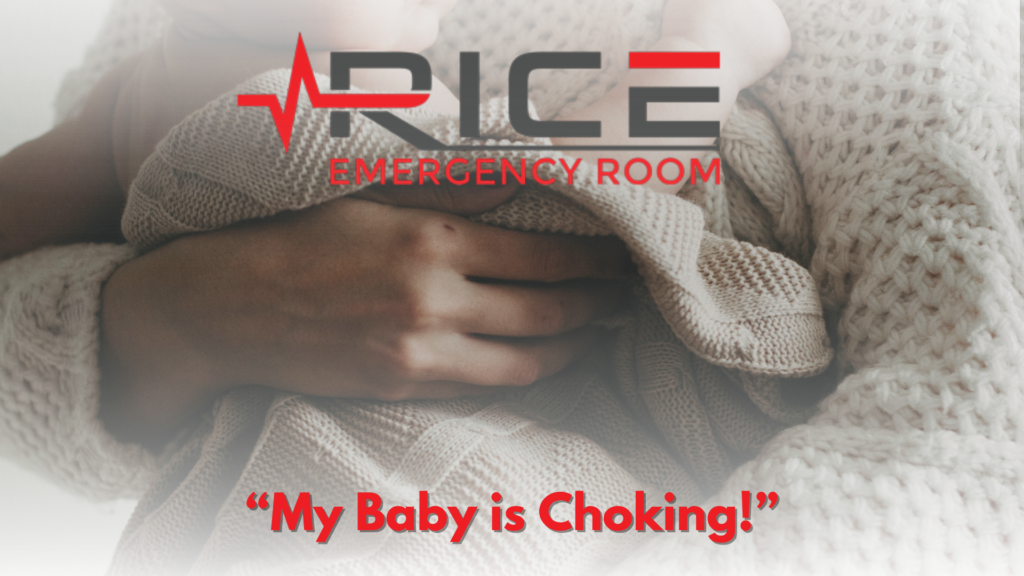Ear infection in children can be a cause for concern among parents, often leading to significant pain and discomfort. Recognizing the symptoms early on is crucial for prompt intervention and ensuring there are no complications. Let’s explore the symptoms of ear infections in children, shedding light on the signs that every parent should be aware of.
Identifying Ear Infection Symptoms
- Tugging at the Ear: One of the most common signs of an ear infection is when a child consistently tugs or pulls at their ear. This could be a manifestation of pain or discomfort in the ear canal. (NIDCD)
- Irritability and Fussiness: A sudden change in your child’s demeanor, characterized by increased irritability and fussiness, could be indicative of an ear infection. The discomfort caused by the infection may make your child more irritable than usual. (Hopkins)
- Difficulty Sleeping: Ear infections can disrupt a child’s sleep routine. If your child is having trouble sleeping or is waking up more frequently during the night, it could be a sign of an underlying ear issue. Sleep disturbances are a potential symptom of ear infections, and parents should be vigilant if their child’s sleep patterns change unexpectedly. (Nationwide)
- Fluid Drainage: Keep an eye out for any fluid drainage from the ear. This can range from clear fluid to pus and may indicate a perforation in the eardrum. If you notice any discharge, it’s essential to seek medical attention promptly. Parents should be attentive to any fluid drainage from the ear, as it can be a sign of a more severe ear infection. (NIDCD)
- Fever: Fever plays a crucial role in signaling the presence of ear infections in both infants and school-age children. Understanding the age-specific symptoms and knowing when to seek medical attention is vital for parents to ensure the well-being of their little ones.
What Medicines Can I Give My Child for Ear Pain?
When it comes to alleviating ear pain in children, it’s crucial to consult with a healthcare professional. However, there are some general guidelines you can follow:
- Pain Relievers: Over-the-counter pain relievers, such as acetaminophen or ibuprofen, may help manage the pain associated with ear infections. Always follow the recommended dosage and consult with your child’s healthcare provider before administering any medication. (Nationwide)
- Prescription Medications: In some cases, a healthcare provider may prescribe antibiotics if the ear infection is bacterial in nature. It’s crucial to complete the full course of antibiotics as prescribed, even if the symptoms improve before the medication is finished. (NIDCD)
Preventing Ear Infection in Children
Reducing the risk of ear infections in children involves a proactive approach that includes vaccination, breastfeeding, and practicing good hygiene. Keeping your child up-to-date on vaccines can significantly lower the chances of infection from various bacteria. Whether opting for breast milk or formula, ensuring your child sits up during feedings can prevent fluid flow into the middle ear, decreasing the risk of ear infections. Maintaining clean hands by frequent washing, with a thorough 20-second scrub each time, serves as a crucial defense against colds and the flu.
Additionally, it’s essential to be vigilant about your child’s interactions, steering clear of those who are sick, and avoiding exposure to secondhand smoke, as studies indicate it can triple the likelihood of developing ear infections. Incorporating these preventive measures into your child’s routine can contribute significantly to their overall well-being and minimize the risk of ear infections. (Hopkins)
When to Go to the ER
Being vigilant about your child’s health and recognizing the signs of an ear infection is vital for early intervention and effective treatment. By staying informed about the symptoms and consulting with healthcare professionals, parents can ensure their child’s well-being and provide the necessary care to address ear infections promptly.
Remember, if you suspect your child has an ear infection, seek professional medical advice promptly to ensure the best possible care for your little one. Rice Emergency Room, with our 24/7 X-ray and CT diagnostics, plays a pivotal role in ensuring that children receive prompt and accurate medical attention.
Works Cited
“Ear Infections in Children.” National Institute of Deafness and Other Communication Disorders, U.S. Department of Health and Human Services, www.nidcd.nih.gov/health/ear-infections-children.
“Ear Infections in Babies and Toddlers.” Johns Hopkins Medicine, 25 Oct. 2023, www.hopkinsmedicine.org/health/conditions-and-diseases/ear-infections-in-babies-and-toddlers.
“Ear Infections (Otitis Media).” Symptoms, Treatment and Prevention, www.nationwidechildrens.org/conditions/ear-infections-otitis-media.




